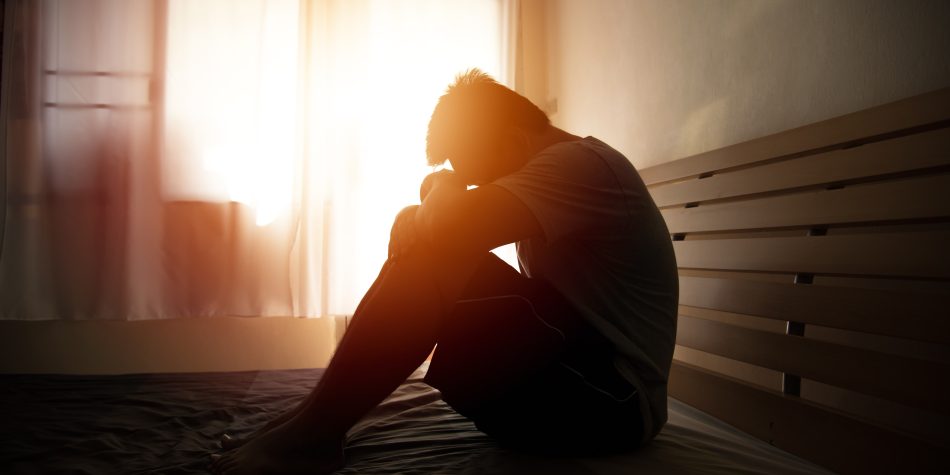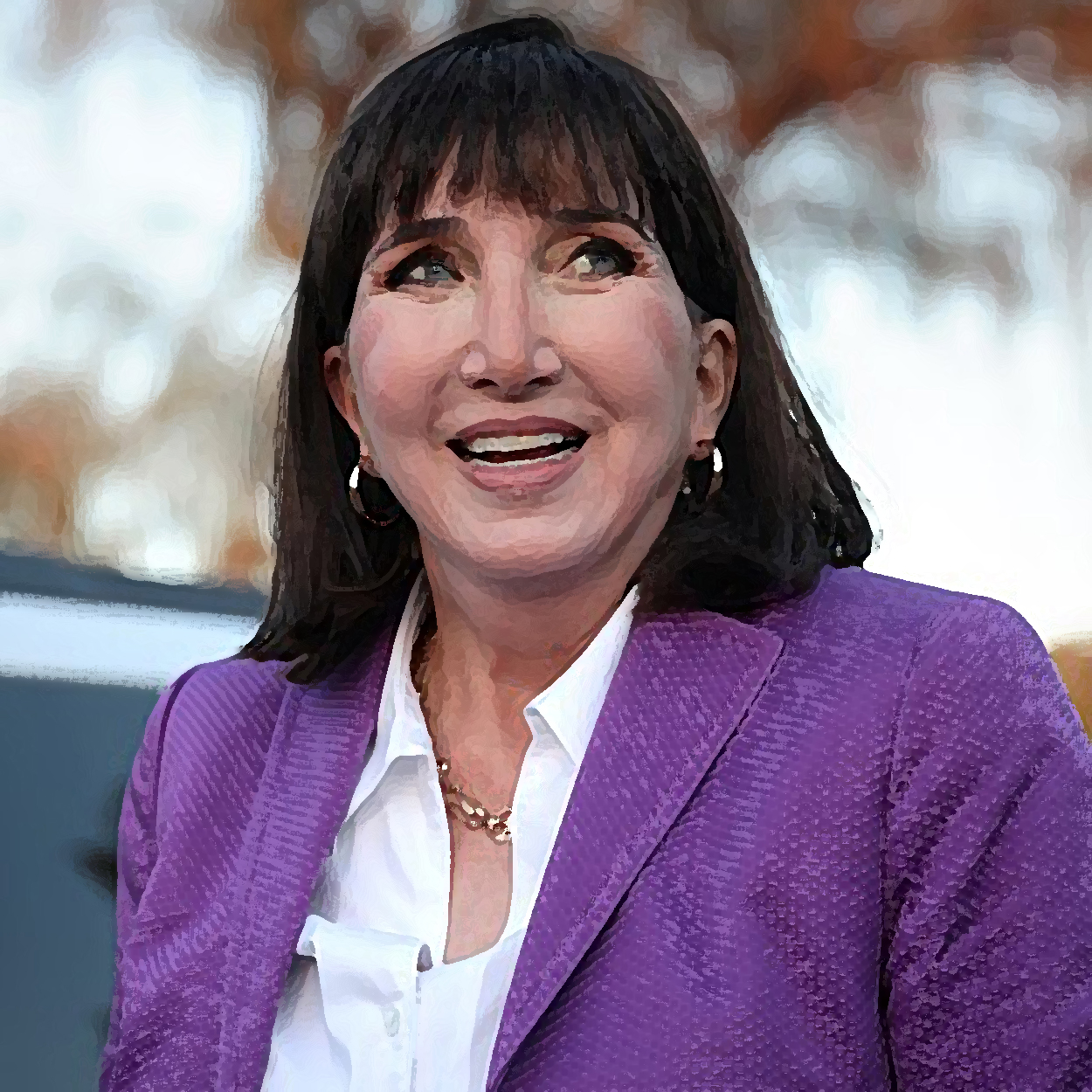When the horrific tragedy happened in Atlanta recently, it was perhaps predictable that national media lay their favored narrative on top of the tragedy. Despite what the perpetrator himself said over and over had motivated him, pundits insisted he had acted out of hatred for Asians.
Without denying the reality of ethnic hatred in our day, we were saddened to see an opportunity missed to spark a larger conversation about the weight of sexually compulsive patterns. Many of the same media outlets chose instead to ridicule and disparage the idea that someone could wrestle with compulsive patterns sexually.
In the most prominent example, Ruth Graham wrote in the New York Times about the killer blaming “sexual addiction,” which she called “a disputed term used in parts of evangelical culture.” Graham described evangelical concerns about pornography as a kind of oddity—more a function of excessive guilt and shame than legitimate physiological constraint. Along with several citations to two well-known skeptics in the scholarly community, the killer’s admitted struggle with sexual temptation was described as a “fixation.” Coming away from the piece, one could be forgiven for seeing sexual addiction as a controversial label arising primarily out of fanatic religious guilt. Could all of this attention and data be merely a byproduct of cultural attitudes reflecting “moral disapproval” alone?
No one disputes that excessive shame can mess with many people’s minds, something we’ve witnessed at times in our own lives. And we should all agree to condemn the killer’s stated motivations for the heinous killings. But to use this tragedy as a chance to minimize and even lampoon the struggle with sexual compulsivity that besets millions of lives today is saddening.
Early research in the 1980s about sexual addiction estimated 3-5% of the adult population was then grappling with some kind of compulsive pattern in this area. Evidence since that time confirms those numbers have gone up, thanks to sweeping technological changes in the decades since and the advent of easy-access pornography. Research on compulsive pornography use has been unequivocal, with at least 29 brain studies and 12 reviews of the literature from Cambridge University, Yale University, and the Max Planck Institute, all confirming the addictive potential of pornography.
Those who insist that sexual addiction is a religious fancy must ignore this evidence. Graham herself goes on to argue that sex addiction is “not an established psychiatric diagnosis,” yet fails to point out how several diagnostic codes that describe compulsive sexual behavior currently exist, are in the ICD-10 (the primary diagnostic resource in the U.S.), and have appeared in the DSM since 1980. Chapters on the neurobiology of sex and pornography addiction have also appeared in updated psychiatry textbooks written by and for physicians. To single out religious influence as the primary factor at play ignores thousands of young people trying to quit porn.
Could all of this attention and data be merely a byproduct of cultural attitudes reflecting “moral disapproval” alone? Perhaps skeptics could ask this question directly to the hundreds of thousands of men, women, and youth with whom we’ve worked in the last decade. These individuals come from different countries, religions, and backgrounds and share personal struggles and family trauma that arise directly from compulsive sexual activity.
To single out religious influence as the primary factor at play ignores thousands of young people trying to quit porn in groups like NoFap, the majority of whom are non-religious. We have had nearly 200,000 people in 155 countries seek help on this issue in our work over the last decade—religious and non-religious, male and female, young and old. These people are not seeking help merely because of religious fanaticism.
Graham rightly draws attention to patterns religious communities ought to take seriously—especially any tendencies to feed fear and despair that many men already feel and a tendency to leave women feeling responsible for the sexual decisions of men. Yet faith leaders from many traditions have spoken to these points powerfully for many years. And our own experience in faith communities over the years, unlike Graham’s reporting, is that appropriate education very much helps men consider ways to control their desires.
We have to wonder, would the world be better off in terms of sexual assault and rape if we lost the influence of all these faith communities?
Not likely. Thank heavens for communities of faith reminding men (and women) that they are more than this, that “mighty changes” are possible, and that tomorrow doesn’t have to be the same as today.
The world needs more of those reminders right now, not less.
Note: If you or someone you love is facing sexually-compulsive patterns, there is confidential support and help available, online, from Fortify coaching and training, as well as SafeHouse Groups.
















